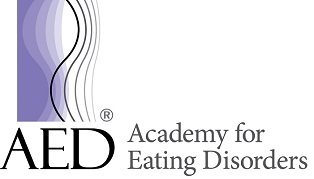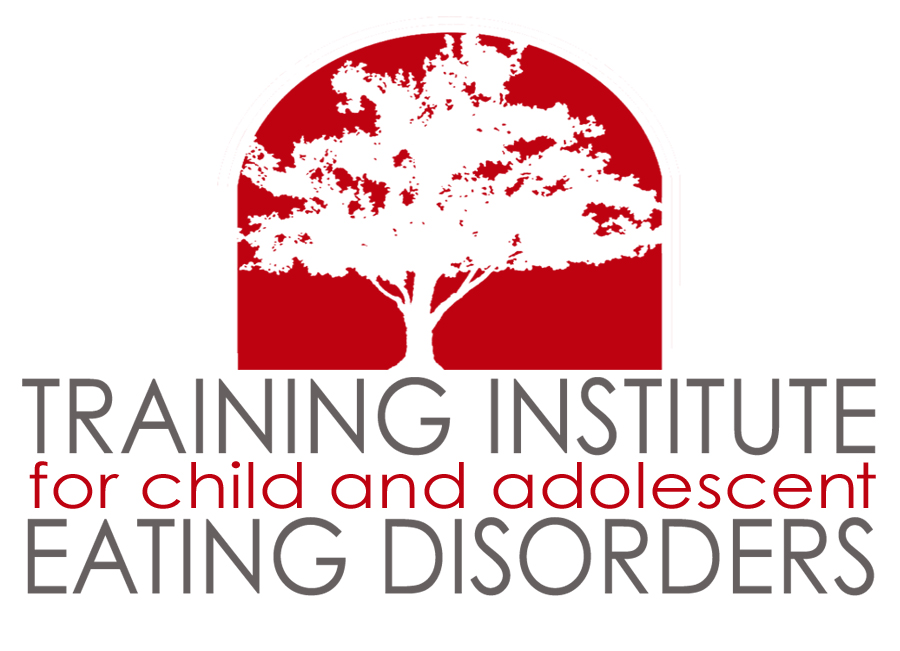What is Major Depressive Disorder?
Major depressive disorder is believed to be one of the most common mental health concerns among Americans. Major depressive disorder is commonly referred to as depression. When we look at major depressive disorder through a clinical lens, there are a set of symptoms that need to be met for someone to be diagnosed with major depressive disorder.
The American Psychiatric Association provides the following symptoms as criteria for major depressive disorder:
- Five or more of the following symptoms need to be present during the same two-week period, one of which needs to be either a depressed mood or loss of interest in pleasurable activities:
- Depressed mood most of the day, more days than not. This can be self-reported, or observed by others
- Having a noticeable decrease in an interest in pleasurable or enjoyable activities more days than not
- Having a significant weight loss or gain without an intentional change in diet or exercise routine
- Insomnia or hypersomnia more days than not
- Psychomotor agitation nearly every day, this would be noticeable by others
- Fatigue or loss of energy more days than not
- Feeling worthless, or having inappropriate feelings of guilt more days than not
- Having a noticeable decrease in your ability to concentrate, or feeling indecisive more days than not
- Having recurrent thoughts of death, recurrent suicidal ideation without developing a plan, a suicide attempt, developing a plan for suicide, or attempting suicide
- The symptoms that the individual is experiencing is having a significant impact on their daily life including their social life, occupation and other important areas in their life
- The symptoms that the individual is experiencing are not due to substance use, or a separate medical concern
- The symptoms are not the result of another mental health concern
- The individual has never experienced a manic or hypomanic episode
It is important to understand that there will be individual differences among a person’s experienced symptoms, the number of symptoms they are having, the severity of the symptoms, and the age that they began to struggle with major depressive symptoms. As an example, one person may have a history of suicidal ideation with a developed plan, while another person could have no history of suicidal concerns. Both of these scenarios are serious concerns, and should receive the same level of compassion.
There are a variety of specifiers that can be added onto the diagnosis that can be used to describe unique aspects of what the individual is experiencing. As an example, someone may find themselves feeling restless or tense which would mean that they are experiencing anxious distress in addition to their other major depressive symptoms.

Who Struggles With Major Depressive Disorder?
Anyone can find themselves struggling with major depressive disorder. The American Psychiatric Association reported that approximately 7% of adults living in the U.S. are living with major depressive disorder. Research has shown that the rates of individuals living with major depressive disorder is higher among individuals who are between the ages of 18-29 years old when compared to other age groups (American Psychiatric Association, 2013).
After reviewing a variety of research studies, we can definitively say that women have higher rates of major depressive disorder when compared to men (Navneet & Abdijadid, 2022). It is believed that the rates among women are impacted by the differences in hormones, effects of childbirth, and different life stressors that women face(Navneet & Abdijadid, 2022).
How We Treat
Resilience DBT & Eating Recovery are a team of Outpatient Therapists in New Jersey, Florida, Maryland. If you or a loved one suffers from major depressive disorder, we are here to help.
The good news is that individuals who are looking for major depression treatment will likely find a variety of treatment options available to them. We have learned that the most effective treatment for major depressive disorder is a combination of medication, psychotherapy, and lifestyle changes.
Major depressive disorder treatment is available for you at Resilience DBT & Eating Recovery. We work with individuals of all ages, with a range of mental health concerns including major depressive disorder.
Our therapists use evidenced based practices when providing major depression treatment. This means that we use strategies and interventions that have been clinically shown to be effective at treating the symptoms associated with major depressive disorder. Our staff can provide you with a better understanding of the factors that contribute to depression, and support to learn to manage your symptoms. Our goal is to help you learn to live your life in a healthy and sustainable way.
If you have found yourself struggling with a depressed mood, loss of interest in enjoyable activities, or have had suicidal ideation, we encourage you to reach out for help. You are not alone, and the staff at Resilience DBT & Eating Recovery can provide you with the support and encouragement needed to begin to heal.
Health Risks Associated With
Major Depressive Disorder

There are a variety of factors that are known to increase a person’s risk of developing major depressive disorder. One of which would be adverse childhood experiences including physical abuse, verbal abuse, sexual abuse, and neglect (American Psychiatric Association, 2013). Those who have a history of more than one adverse childhood experience are at an even higher risk.
Major depressive disorder rates are higher among individuals who are divorced, separated, and widowed (Navneet & Abdijadid, 2022).
There is a genetic component to major depressive disorder. Individuals who have a first-degree family member, such as a parent or a sibling, who are living with major depressive disorder, are at a higher risk themselves (American Psychiatric Association, 2013).
Individuals who are living with other mental health concerns such as substance abuse disorders, anxiety disorders, and borderline personality disorder are at risk for developing major depressive disorder (American Psychiatric Association, 2013). Additionally, individuals who have chronic or disabling medical conditions are also at an increased risk for major depressive disorder (American Psychiatric Association, 2013).
How do I begin?
Our team is dually and expertly trained in the Treatment of Eating Disorders and DBT for Mental Health. Our Evidenced-Based approaches include FBT, CBT-E, DBT-ED, and Comprehensive DBT for co-occurring mental health conditions. Our outpatient practice has helped Children, Teens and Adults achieve full Eating Disorder Recovery and Mental Health Stability for over 25 years.
1
Schedule your 15 minute free phone consultation
This phone screening is highly confidential to help determine if coming to the Resilience practice is the best course for you or your loved one.
2
Complete an Expert and Comprehensive Intake
During your intake appointment we will gather more information to identify your stressors and needs. And work with you to develop your resilience treatment plan.
3
Get connected with Your Personalized Care Team
Meet with a practitioner to get started on your journey of healing and wellness you know you deserve.









